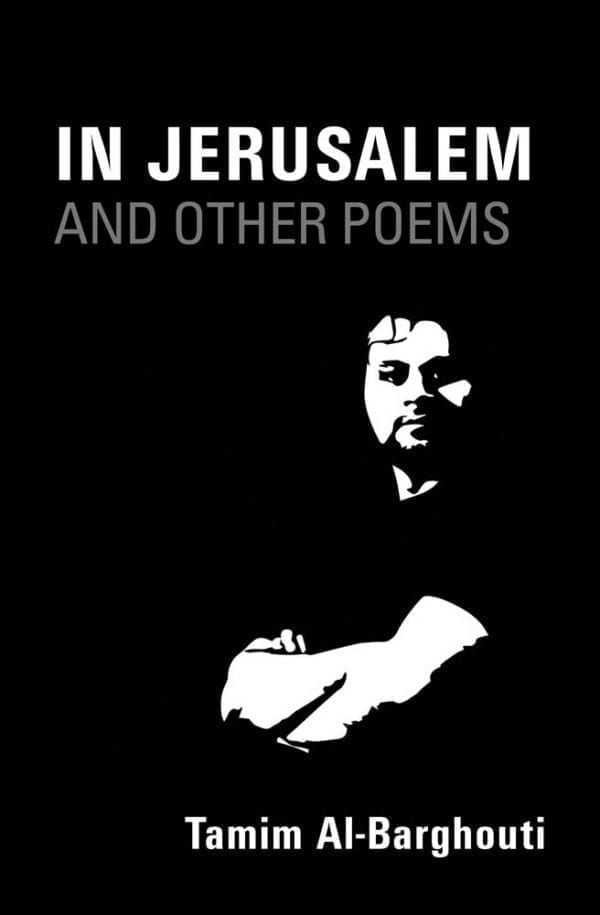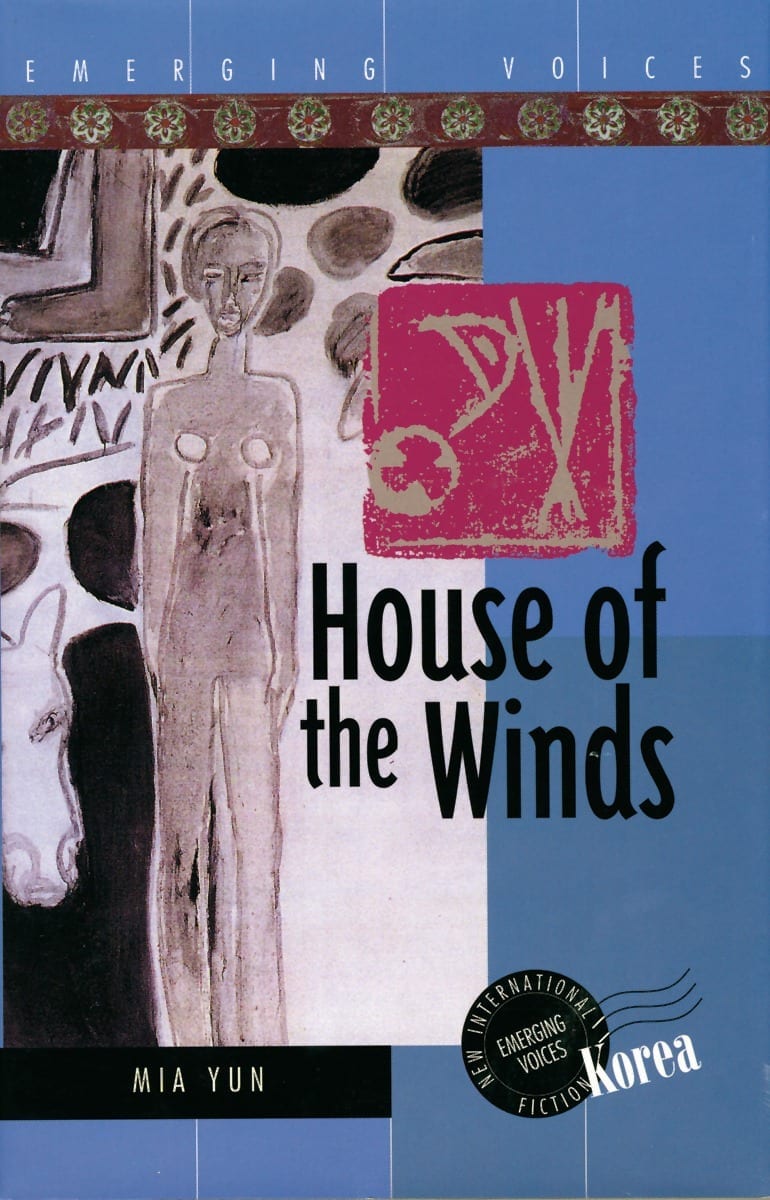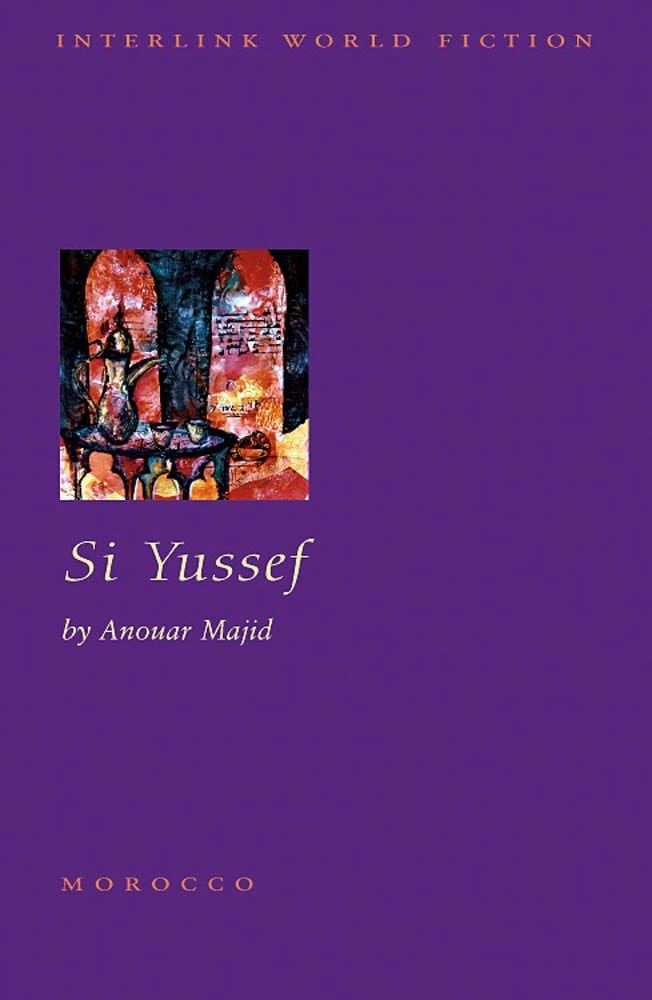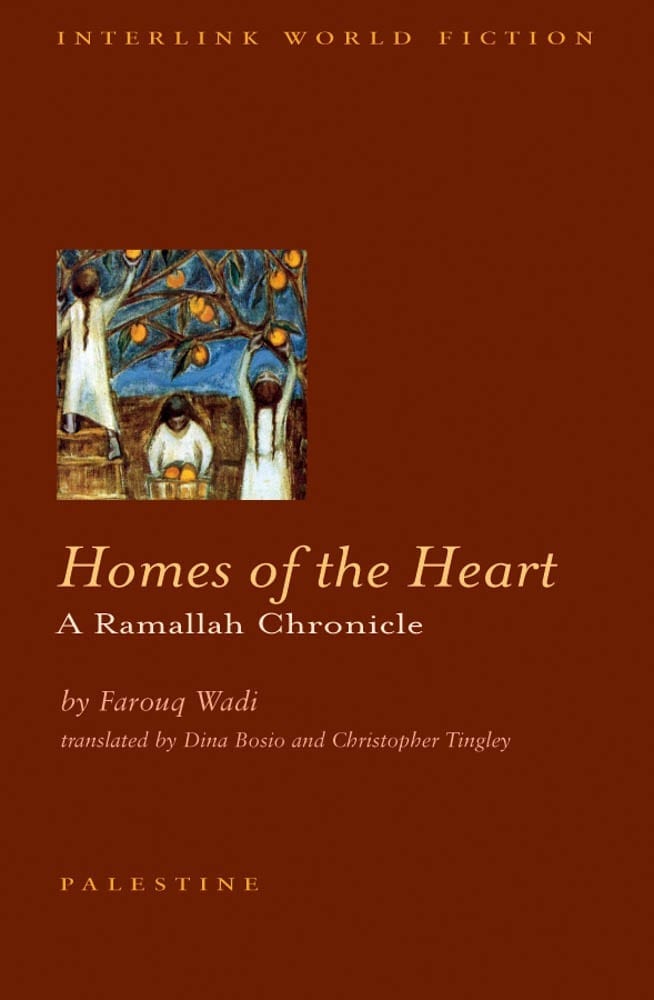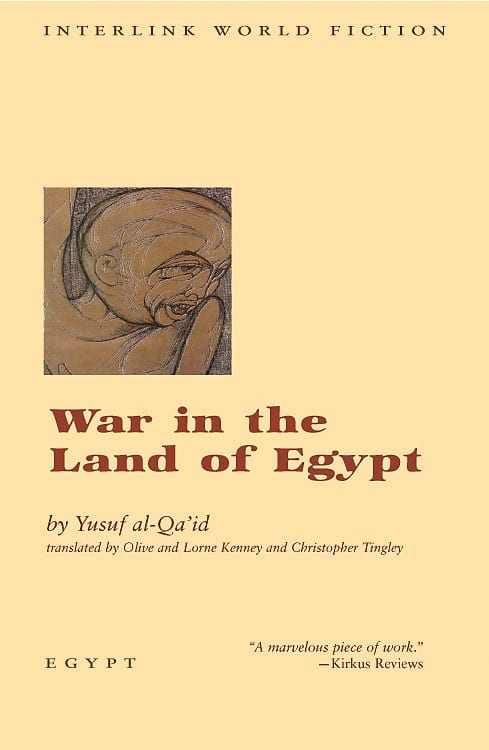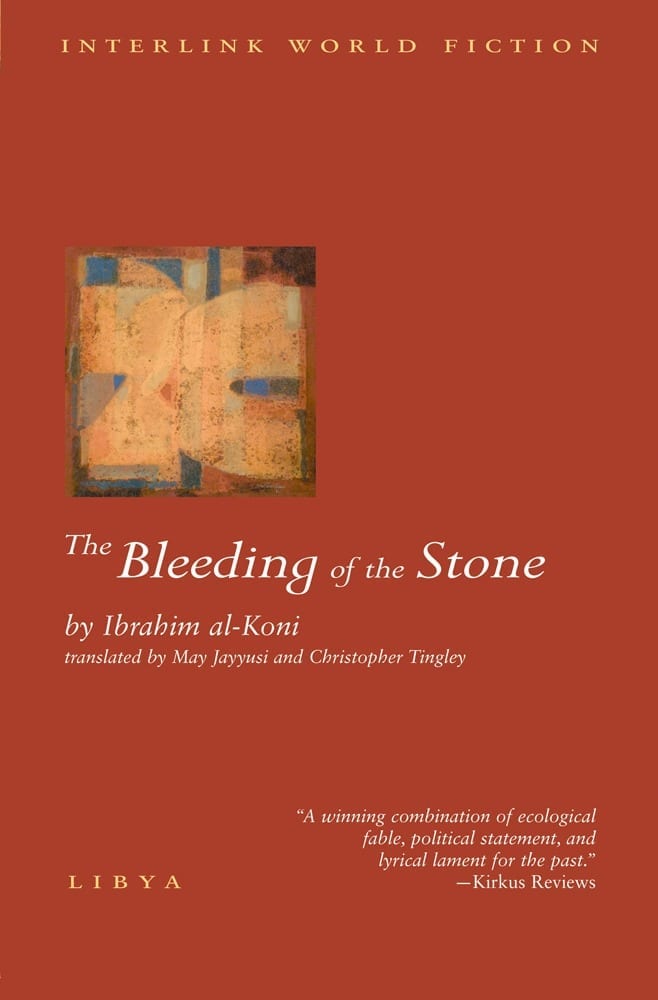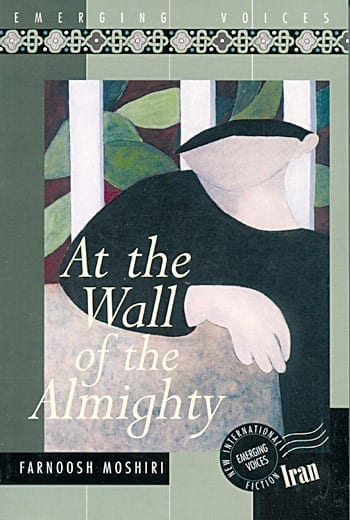Book Size: 6" x 9"
Pages: 100
Format: Paperback
ISBN: 9781566560238
Imprint: Interlink Books
Edition: 1
Release date: 10/15/16
Categories: Books on Palestine, LiteratureIn Jerusalem and Other Poems
1997-2018
$ 15“Whether lyrical, narrative, or allegorical, whether about the chess game or Jerusalem, these poems continually surprise us with their images, insights, and juxtapositions. The poet scoops up the everyday and hitches the freight to a broader social and historical memory. Al-Barghouti’s is an educated imagination.” — Sharif S. Elmusa, poet, scholar, and translator
About this book
Long awaited first English translation of celebrated Palestinian poet.
Born in 1977, Tamim Al-Barghouti is probably one of the most widely read Palestinian poets of his generation. His poetry readings are attended by thousands, sometimes packing stadiums and amphitheaters. The reception of his poetry among a diverse audience from various backgrounds and age groups is a testimony to the vitality of the centuries-old tradition of classical Arabic poetry. The poems in this collection were written in Cairo, Ramallah, Amman, Washington, DC and Berlin between 1996 and 2016.
In 2007, Al-Barghouti's long poem "In Jerusalem," which describes an aborted journey to the city, became something of a street poem. Palestinian newspapers dubbed Al-Barghouti "The Poet of Jerusalem." To this day, his posters hang on the streets of Jerusalem and other Palestinian cities, where key chains are sold with his picture on them. Sections of the poem have even become ring-tones blaring out from cell phones across the Arab world, and children compete in memorizing and reciting it. "In Jerusalem" and other poems by Al-Barghouti have also had millions views on various TV Channels as well as on the internet, winning the poet an exceptional celebrity status in the Arab World.
On the January 26, 2011, one day after the Egyptian Revolution that toppled President Hosni Mubarak, Al-Barghouti wrote the lyrical poem "Hanet"; its Arabic title roughly translates as "It's Close." With the internet down, he faxed the poem to a Cairo newspaper, copies of which were distributed in Tahrir Square. Soon after, Al-Jazeera TV Channel broadcast a recording of it and a video of his reading was projected in the Square every couple of hours on makeshift screens.
Brand: Tamim Al-BarghoutiAbout the author
Tamim Al-Barghouti published six poetry collections in both colloquial and classical Arabic, including Meejana (1999), Al-Manzar “The Scene” (2000), Maqam Iraq (2005), Fil Quds “In Jersualem” (2008) and Ya Masr Hanet (2012), and two academic books on Arab politics and history. He received his PhD in political science from Boston University in 2004, and has since taught at Georgetown University, the Free University in Berlin, and the American University in Cairo. He was also a fellow at the Berlin Institute for Advanced Studies 2007-2008. A columnist since 2003, writing in Egyptian and Lebanese dailies, Al-Barghouti has been associated with the 2011 uprisings, and with political activism in Egypt and Palestine. He is currently based in Beirut and works at the United Nations Economic and Social Commission for West Asia.
Reviews
Named one of HappyMag’s 20 Best Arabic Language Books
“Whether lyrical, narrative, or allegorical, whether about the chess game or Jerusalem, these poems continually surprise us with their images, insights, and juxtapositions. The poet scoops up the everyday and hitches the freight to a broader social and historical memory. Al-Barghouti’s is an educated imagination.” — Sharif S. Elmusa, poet, scholar, and translator
“Tamim al-Barghouti’s poetry rings with irony, fury, scorn, and despair, as well as moments of tender sympathy. Like a tragic chorus who see and tell of what they see as truthfully as they can, he fashions the historical injustices and daily trials of existence as a Palestinian-Egyptian into varied poetic forms. Drawing from classical Arabic literary tradition, he revisits and re-invents fable, satire, philosophical dialogue, parody, prophecy, elegy, and lyricism; and the results flash with wonderfully original, often witty, mordant fantasy. This collection of his writing in translation is very welcome. He is celebrated all over the Arab world for his charismatic performances, and although something is lost in translation here- the excitement of the original Arabic sounds and rhymes and rhythms- the translations resonate with his uniquely forthright voice, as he witnesses and critiques the relentless destruction of justice and freedom in the Middle East today. In the steps of Mahmoud Darwish, Al-Barghouti is remembering the role of poetry in building ‘the country of words,’ where language puts up a resistance, history and reality tilt, and an alternative world can be imagined.” — Marina Warner, novelist and scholar
“Al-Barghouti has established himself as a master of Arabic language and history- an achievement unmatched in his generation of literati.” — Al-Ahram Weekly

